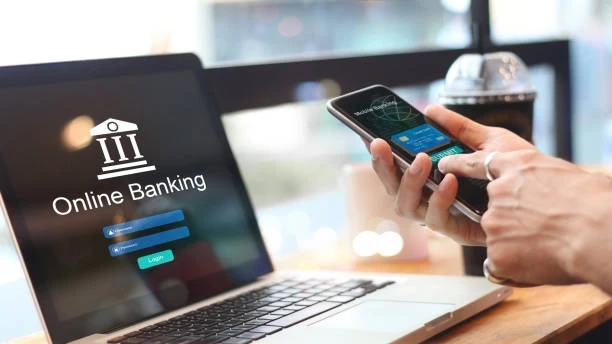Online banking's convenience and speed has made it a popular choice in today’s world. While it is frustrating to visit the branch and wait in line for hours before your turn comes, with the advent of internet banking, it has become possible to access most banking functions with just a few clicks.
Online banking has become more accessible and popular, but security remains the top concern of people while doing any type of electronic transaction. Increasing cases of bank fraud, bank account hacking, financial information theft, and everything else related to online banking are on the rise.
With work-from-home almost a mandate now, a business owner must pay more attention to transactions and banking online than just physical sales. Banking over the Internet has become more frequent nowadays. It has become easier for hackers to break the basic security of e-banking by using fraudulent links to remotely screen the device and capture banking information.
CBI (Customer banking information), needs to be protected at all costs because it consists of confidential information and data. So, how do you secure yourself from online theft and fraud issues?
Jitendra Kejriwal, a consultant of Sonear Ply Industries, shares his experience of banking fraud and aims to educate the public on the issue. With Mr Kejriwal’s help, here are some tips on how to keep your online banking safe from fraud:
Choose strong and unique passwords
The way you choose your password can make all the difference when it comes to maintaining the security of your account. Don't use personal information or short passwords. Don't use the same password on multiple websites. Changing your passwords twice or thrice every year should be part of your security routine.
Use two-factor authentication if offered by your bank
The two-factor authentication method provides an extra layer of security and makes it increasingly difficult for hackers to hack your account.
Avoid logging in to public computers for banking
Don't log into your bank account on public computers available in cyber cafes or libraries. As a result, your password is more likely to be discovered or seen by other users. If you decide to do so, be sure to clear your cache and browsing history and log out properly.
Don't disclose your account details to anyone
More often than not, people receive calls from unknown numbers asking for their bank details, such as account numbers or PINs. Do not share such details, as your banks will never ask for such information over the phone or via email.
Keep track of your savings account
Every time you make an online purchase, priorities checking your account. Make sure the right amount has been deducted. Any discrepancies in the amount should be reported immediately to the bank via customer service number or email.
Subscribe to banking alerts
Set up alerts and notifications for your banking transactions. You will be notified by email or text whenever there is a new or pending transaction, if someone attempts to log in to your account, or if your password changes.


